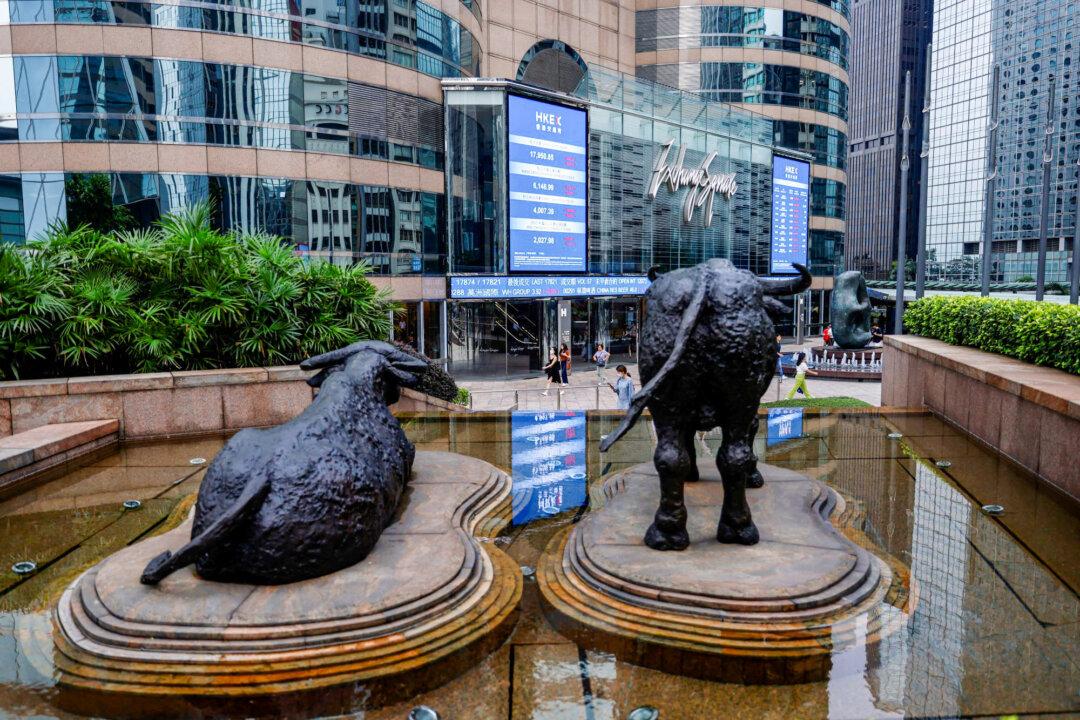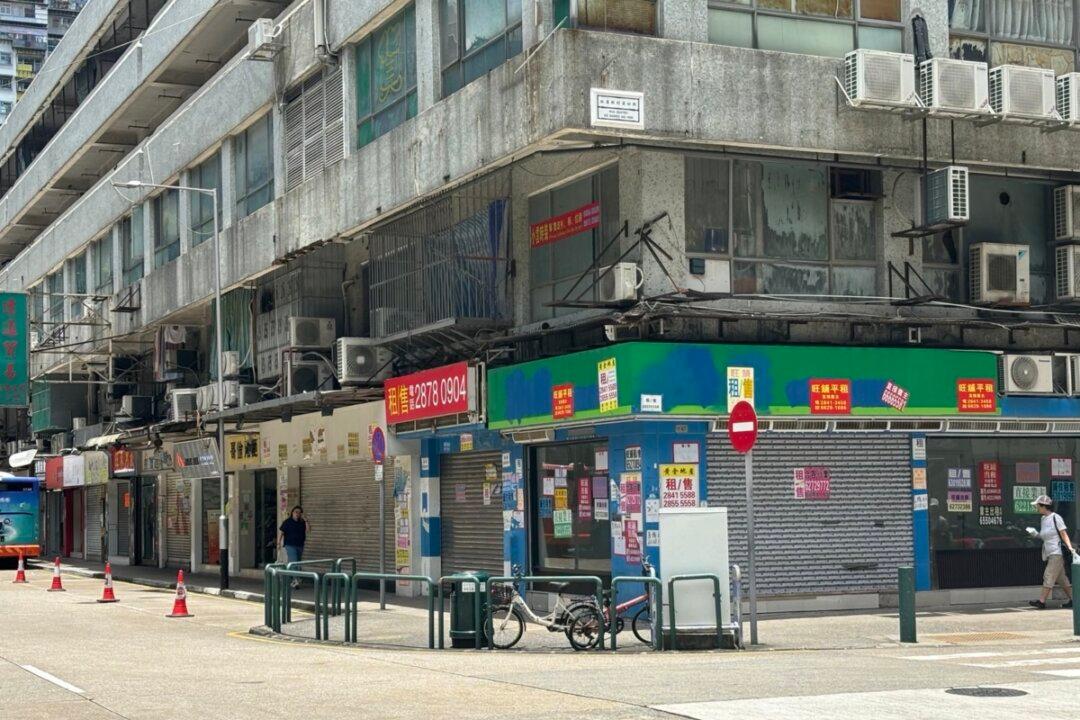The recent Easter holiday saw more shuttered storefronts in Hong Kong and fewer visitors to the once-bustling island city. More than half a million Hong Kongers have left the city since 2020’s passage of the National Security Law. In addition, Chinese policies are deliberately causing “mainlandization” and a blunting of features that made the city attractive to visitors, including vestiges of its colonial past.
Policies meant to bring visitors, residents, and consumption back to previous levels have failed to fill the gap. With five more long weekends left in 2024, it’s estimated that the city could lose as much as $750 million as consumers flock to other spending venues. Based on current trends, Hong Kong could see more than a thousand retail stores and restaurant closures by the end of the year.




